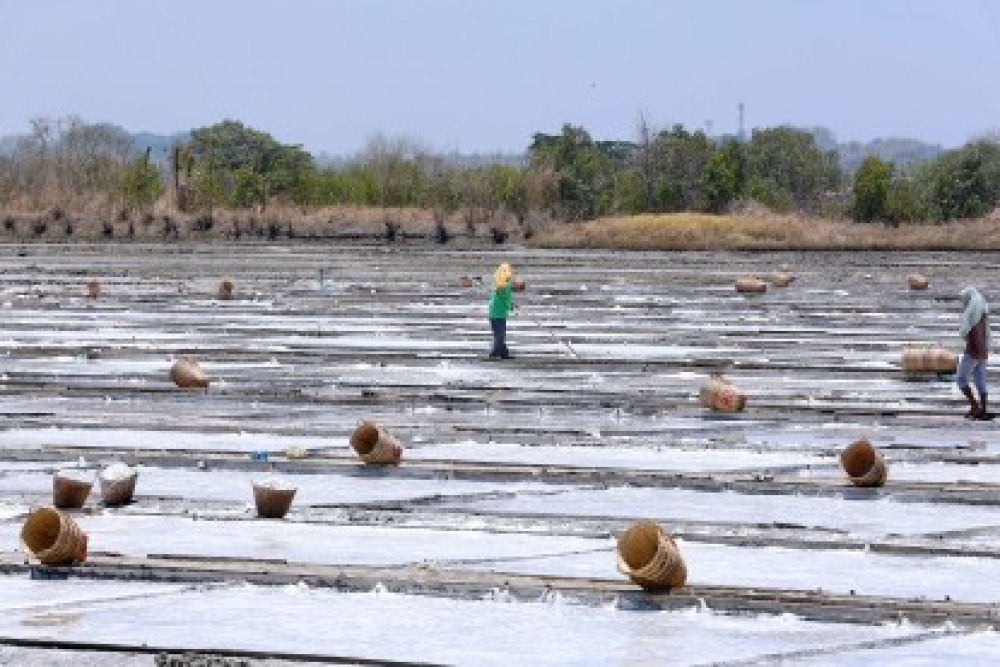The Philippine Exporters Confederation Inc. (PHILEXPORT) has welcomed the signing into law of the Philippine Salt Industry Development Act, which aims to strengthen and revitalize the once-vibrant salt industry to promote economic growth and job creation in the countryside.
PHILEXPORT president Sergio R. Ortiz-Luis Jr. said the enactment of this vital law, also known as Republic Act (RA) 11985, will help the local salt industry recover and encourage small-scale sea salt producers forced out of business to resume production.
“It is also our hope that this law will make possible once again the robust exportation of salt from the Philippines,” he said.
Philippine exportation of salt has shrunk significantly. In 2020 it was estimated at almost $67,894, down from $190,029 in 2019. World export of salt in 2021 exceeded $2.59 billion, indicating a vast potential for Philippine exports.
The Philippine Salt Industry Development Act was signed into law on March 11, 2024 by President Ferdinand Marcos Jr., a move widely lauded by the business community as it is expected to spur the revival of salt production in the country.
A crucial aspect of RA 11985 is the lifting of the requirement under the ASIN Law or An Act for Salt Iodization Nationwide Law for all locally produced salt to be iodized. The mandatory iodization of salt is aimed at eliminating Iodine Deficiency Disorder in the country.
But while with good intentions, the ASIN Law seriously affected local sea salt production and exportation and made the Philippines dependent on imports, with the country bringing in about 550,000 metric tons of salt every year or 93 percent of its salt requirements. This is despite the country’s 36,000 kilometers of shoreline, ranking the country as the fifth longest shoreline in the world.
PHILEXPORT, along with other business groups, has for years been asking for the amendment of the ASIN Law to exempt natural sea salt from mandatory salt iodization and save the small-scale salt industry.
In 2019, PHILEXPORT’s Ortiz-Luis, Jr. in a position letter sent to the Lower House appealed to the lawmakers to amend the ASIN Law, which took effect in 1996, noting how it had caused local salt producers to lose their livelihood, with no assistance provided in helping them find alternative markets.
RA 11985 states that appropriate technology and research and adequate financial, production, marketing and other support services will be provided to salt farmers to revitalize the salt industry, increase production, achieve sufficiency and make the country the next exporter of salt.
A Philippine Salt Industry Development Roadmap will be formulated and established to ensure the attainment of the objectives of the law, which are aligned with the objectives and continued implementation of the ASIN Law.
A Salt Council will also be created to ensure the unified and integrated implementation of the salt roadmap and accelerate the modernization and industrialization of the Philippine salt industry.
Moreover, tariffs to be collected from imported salt will be invested back into the local industry with the establishment of the Salt Industry Development and Competitiveness Enhancement Fund.


